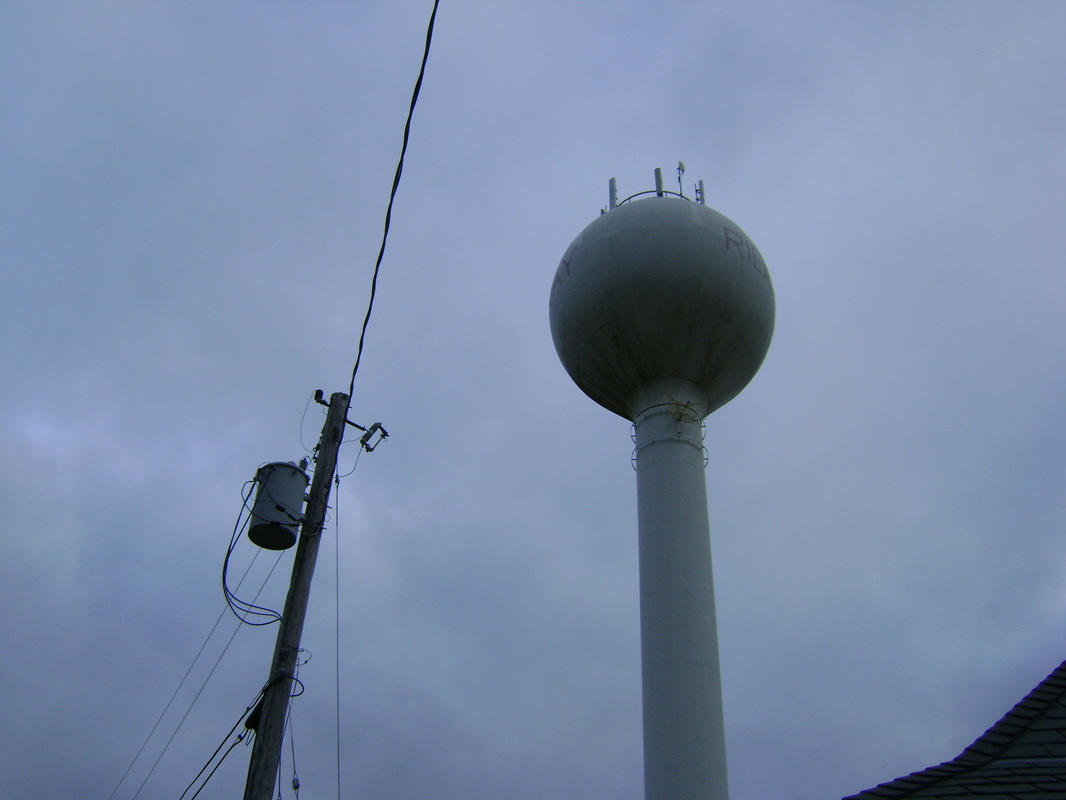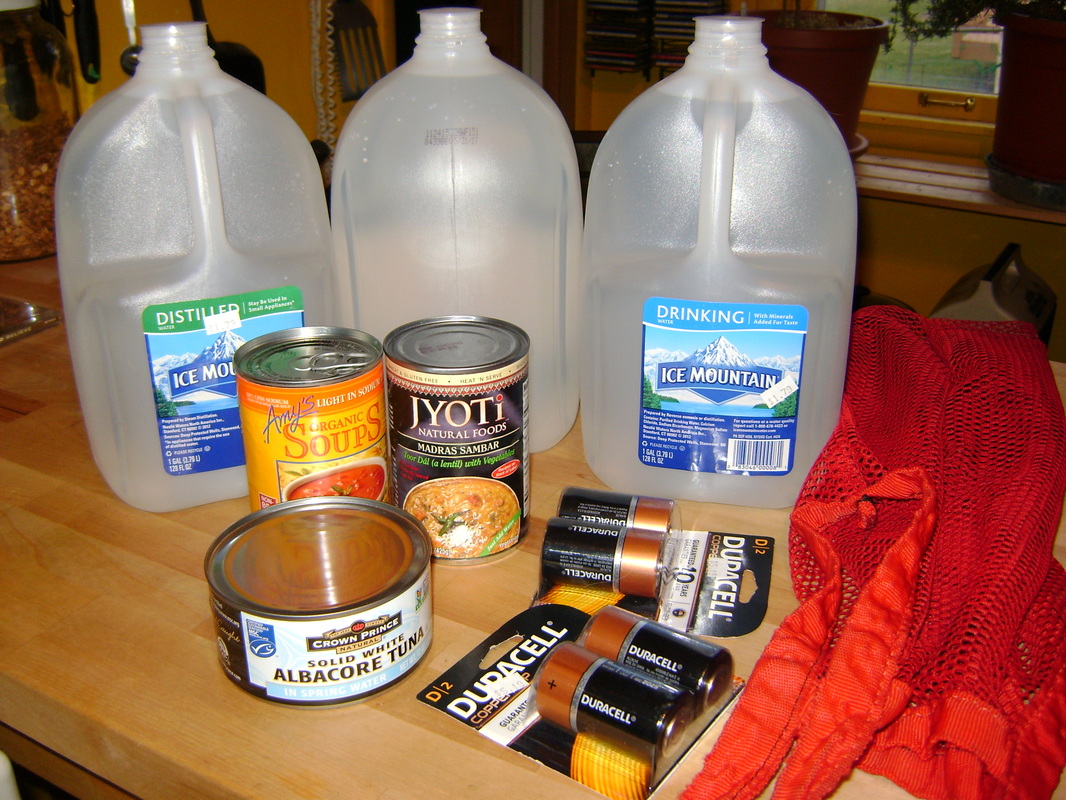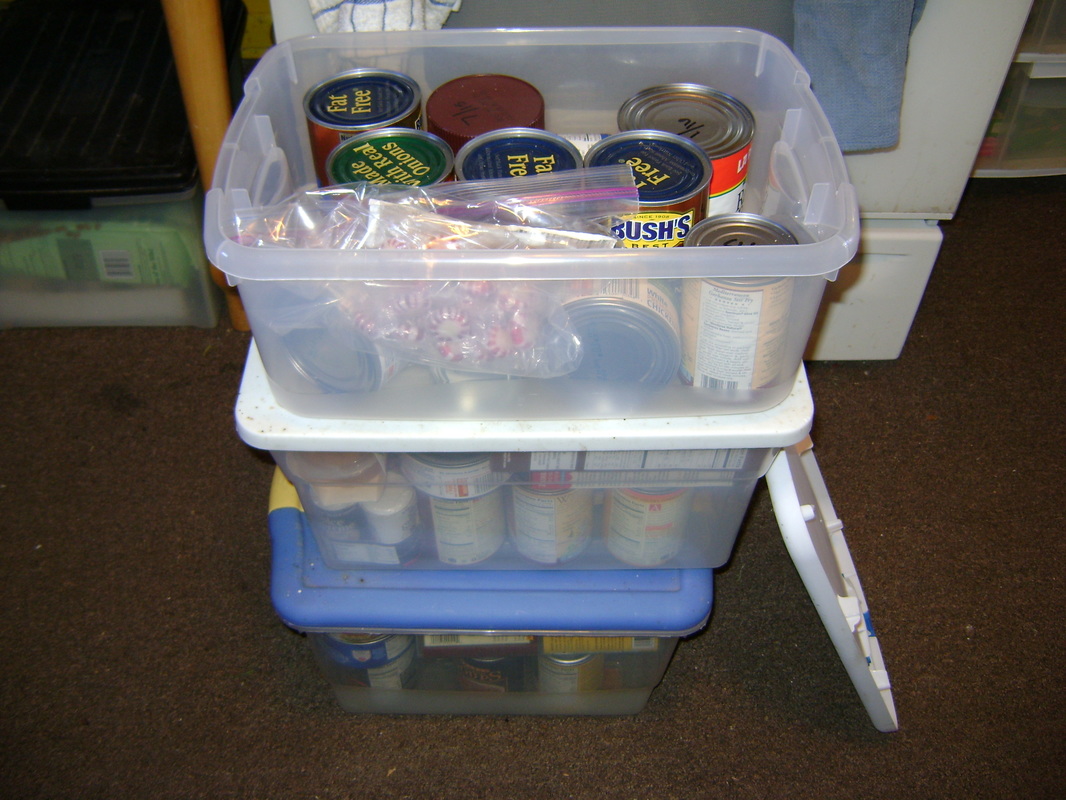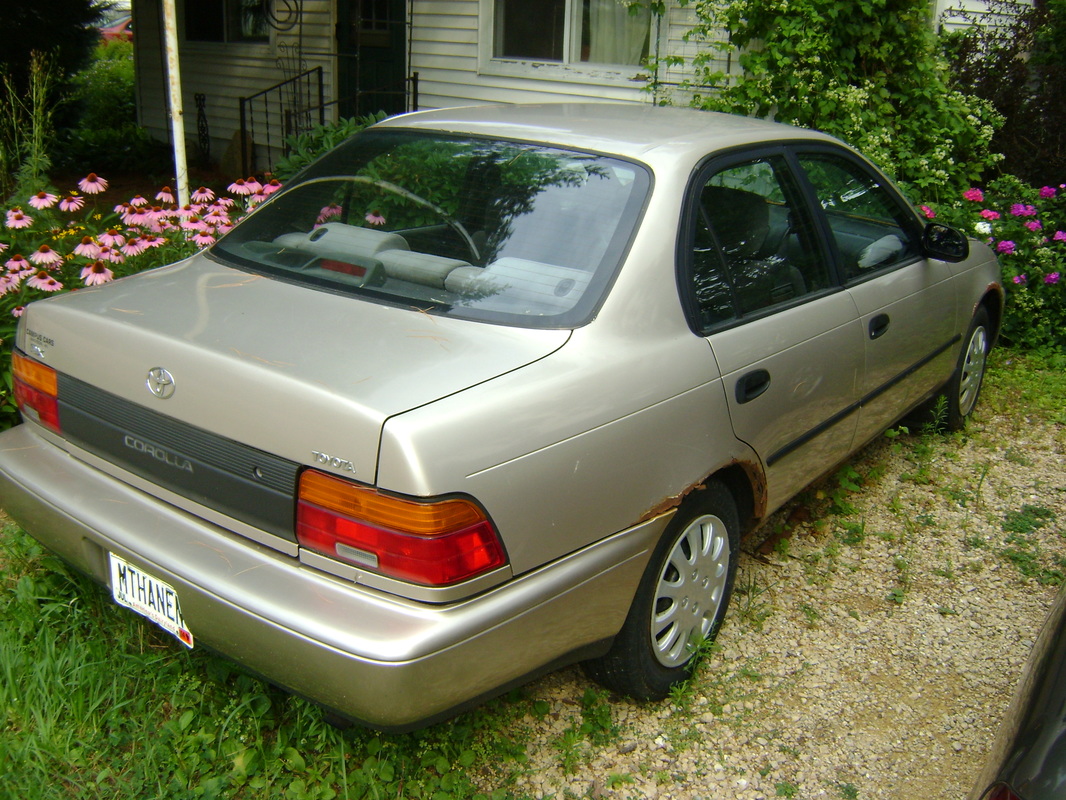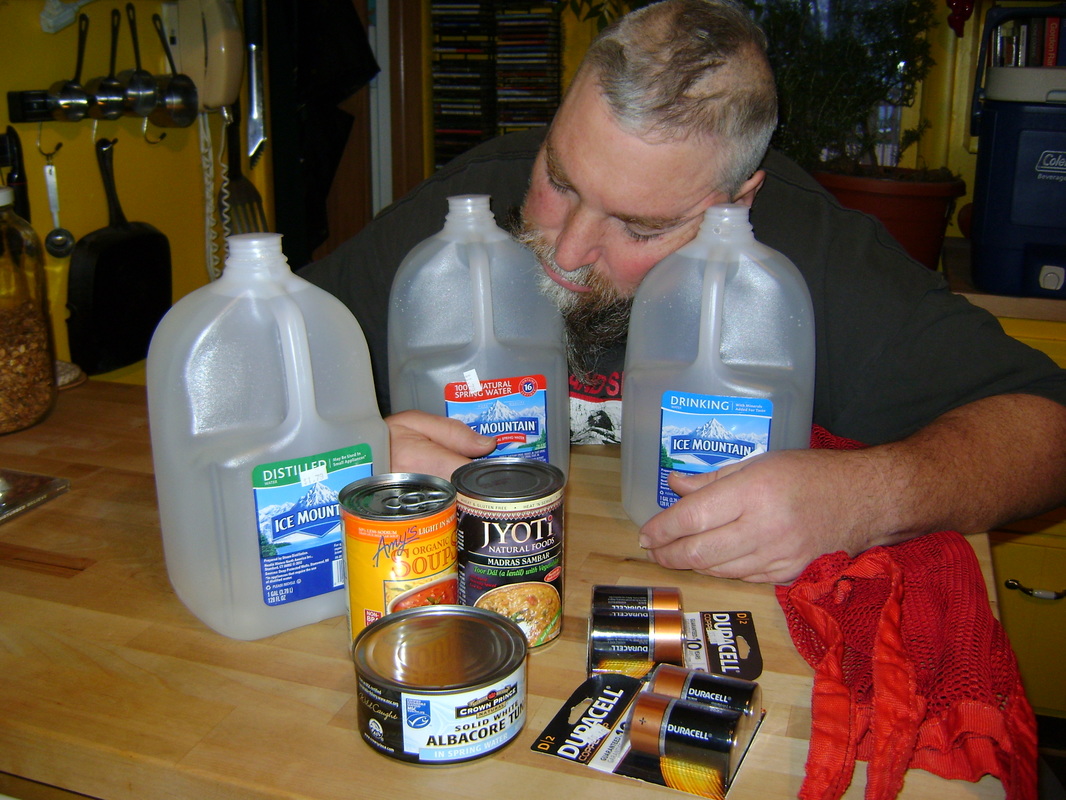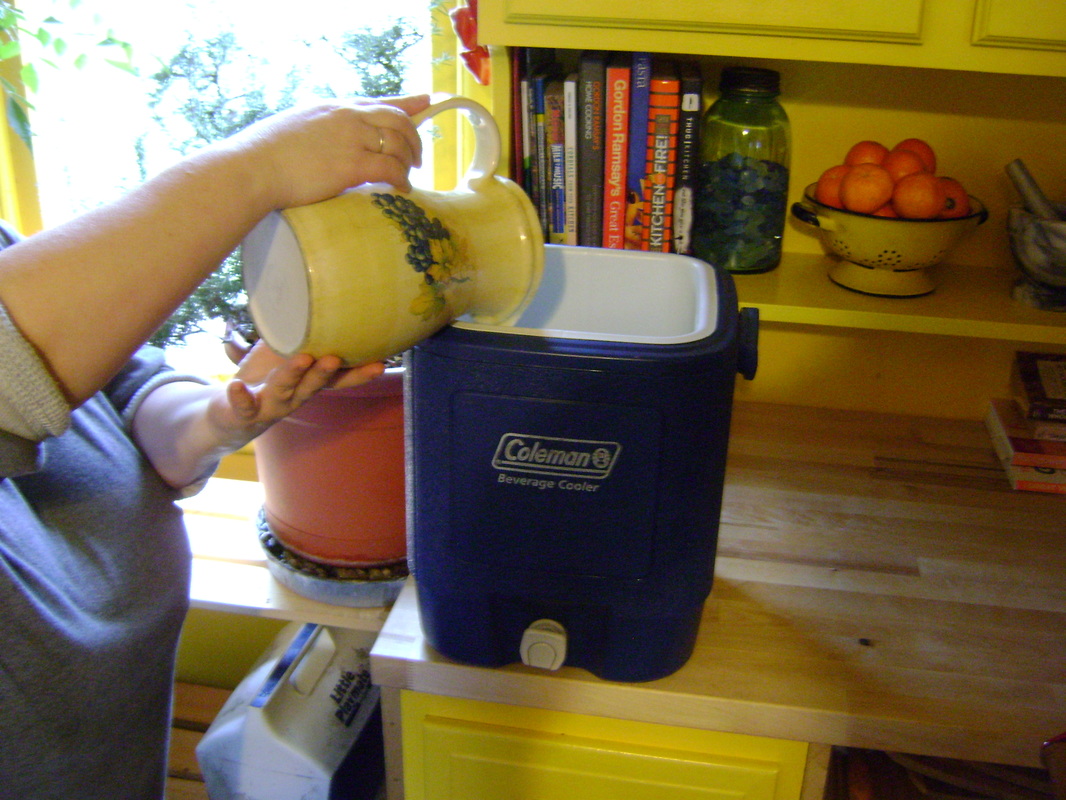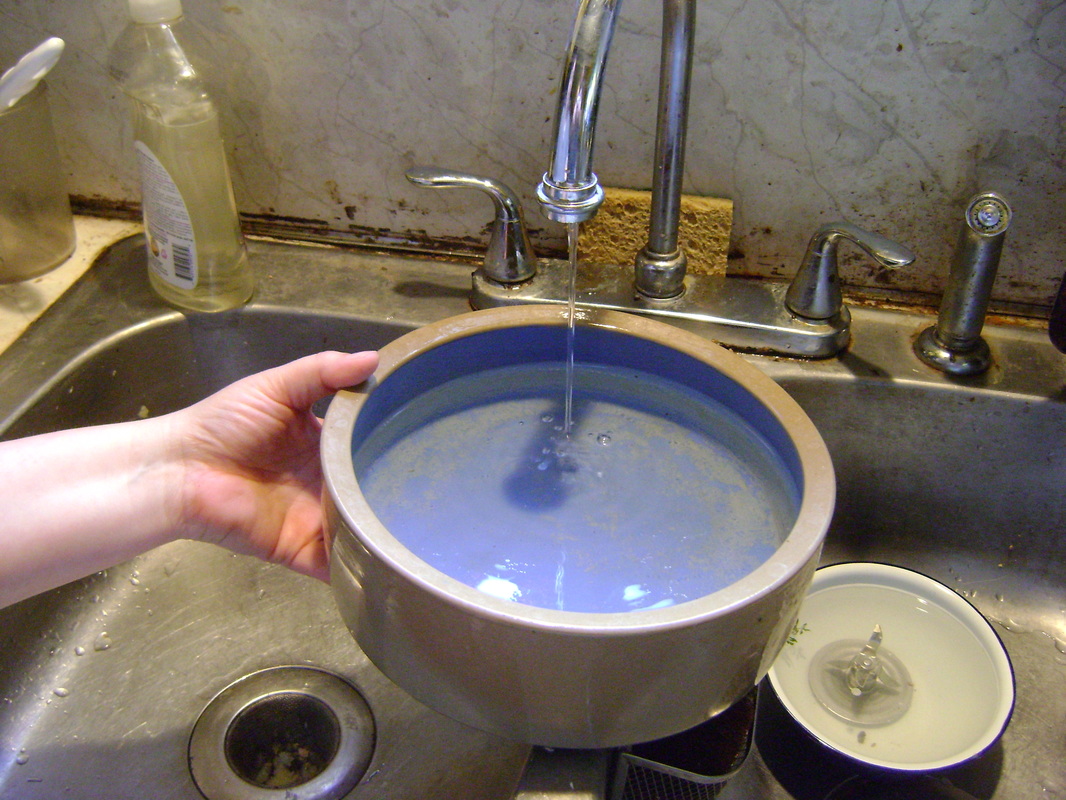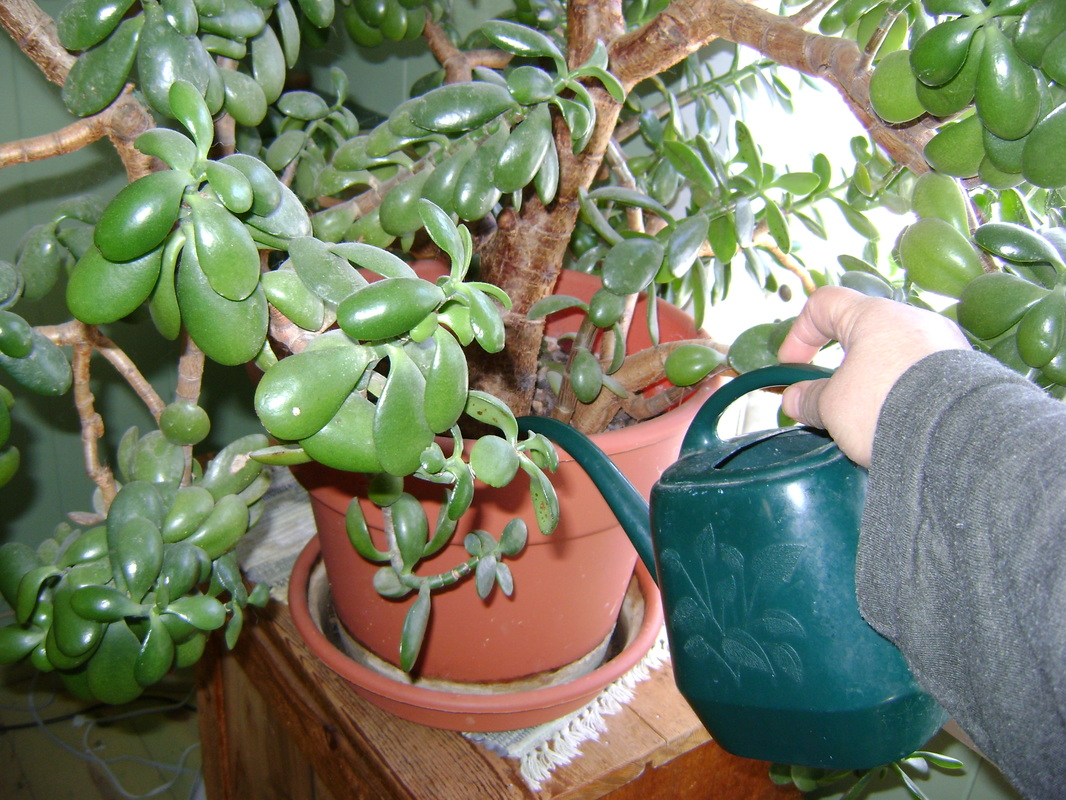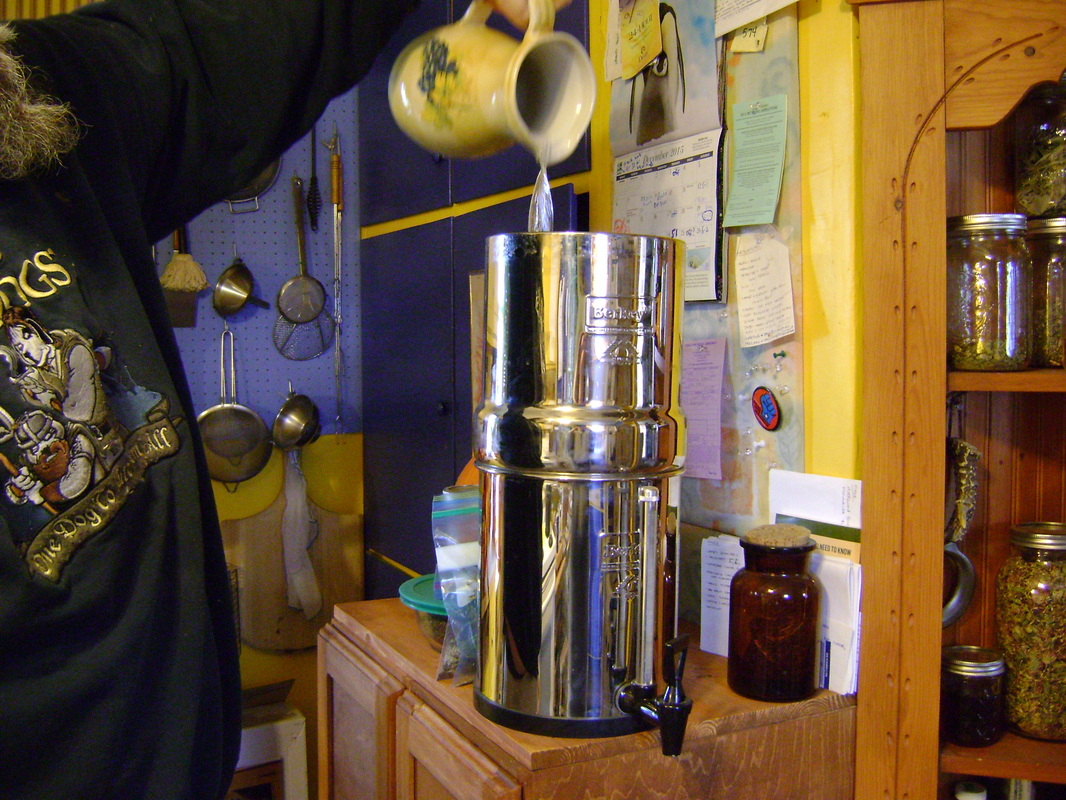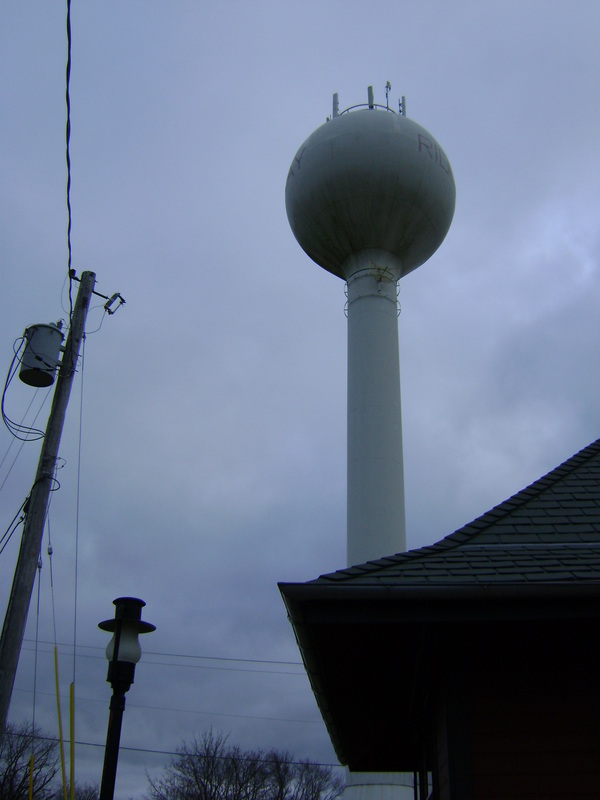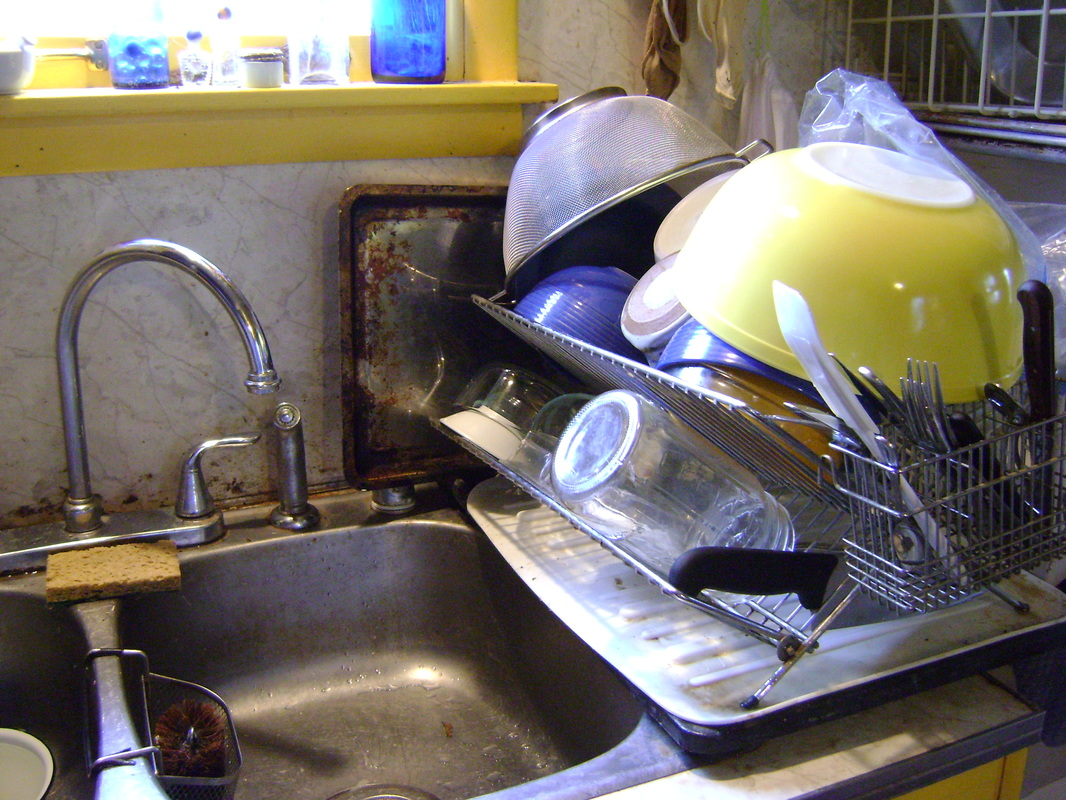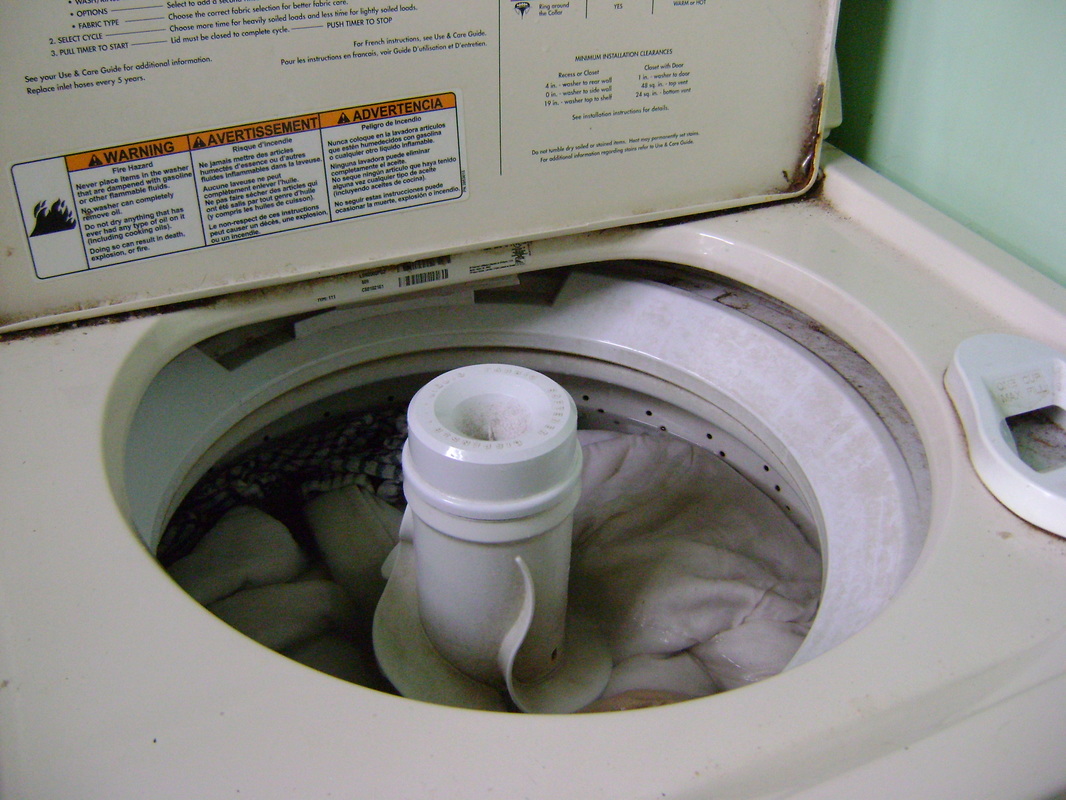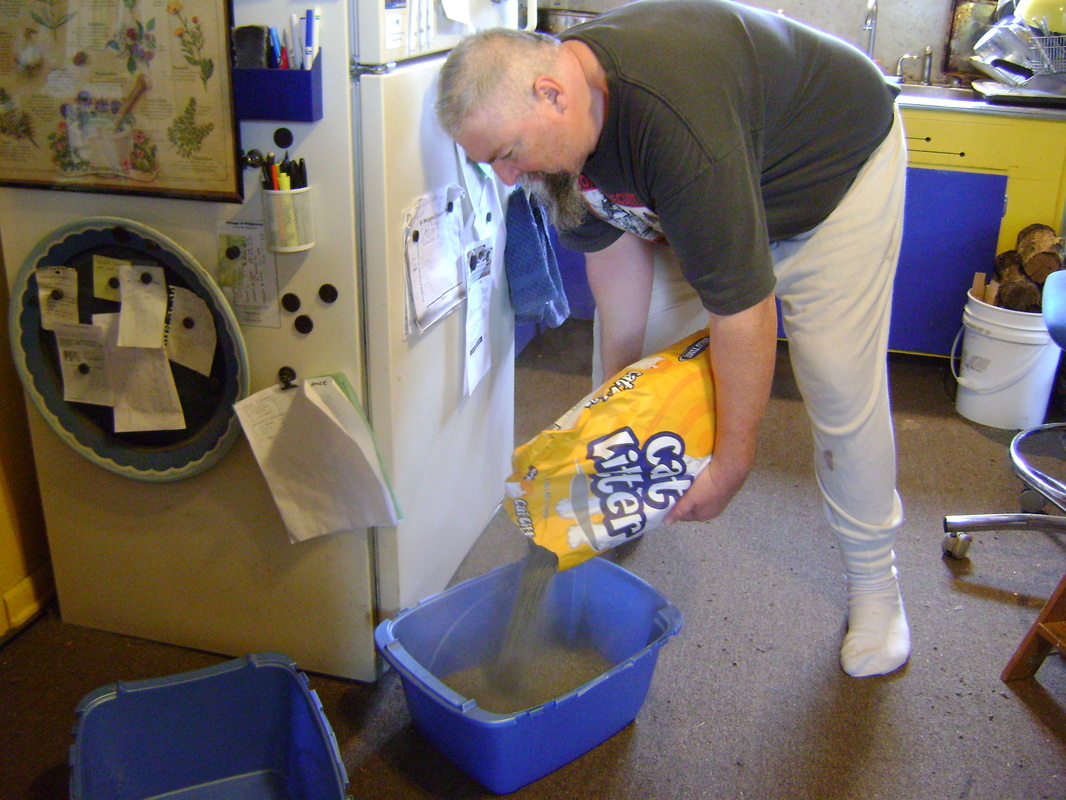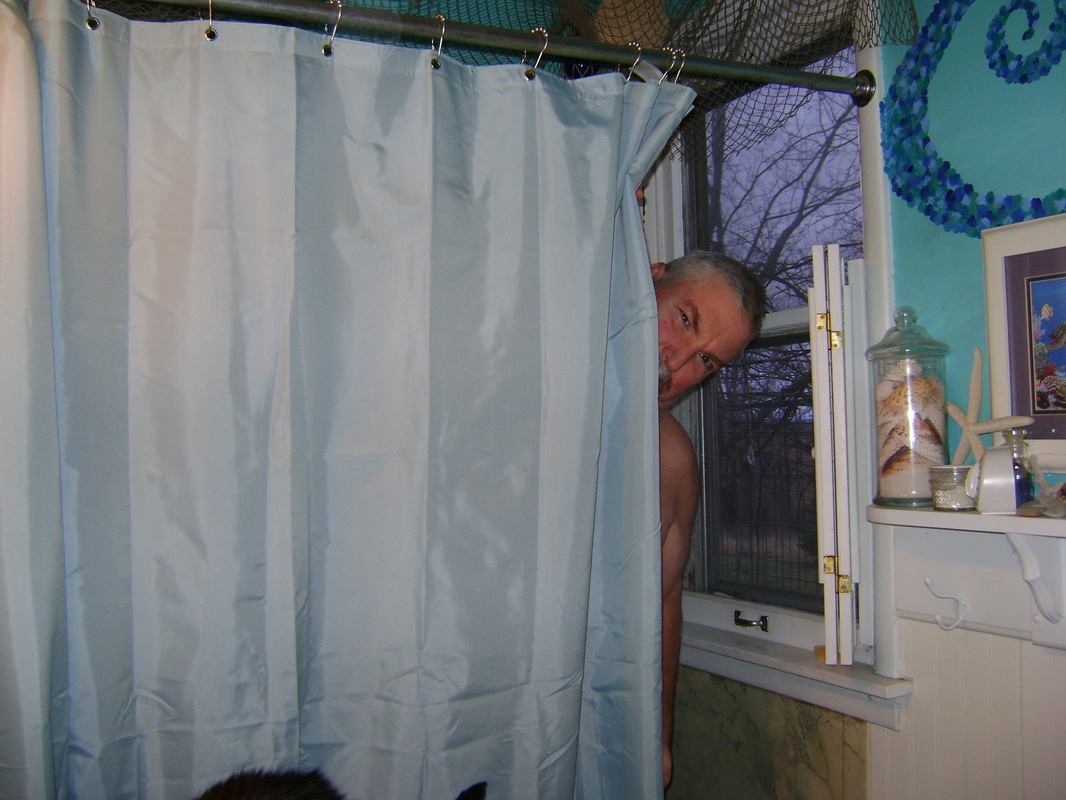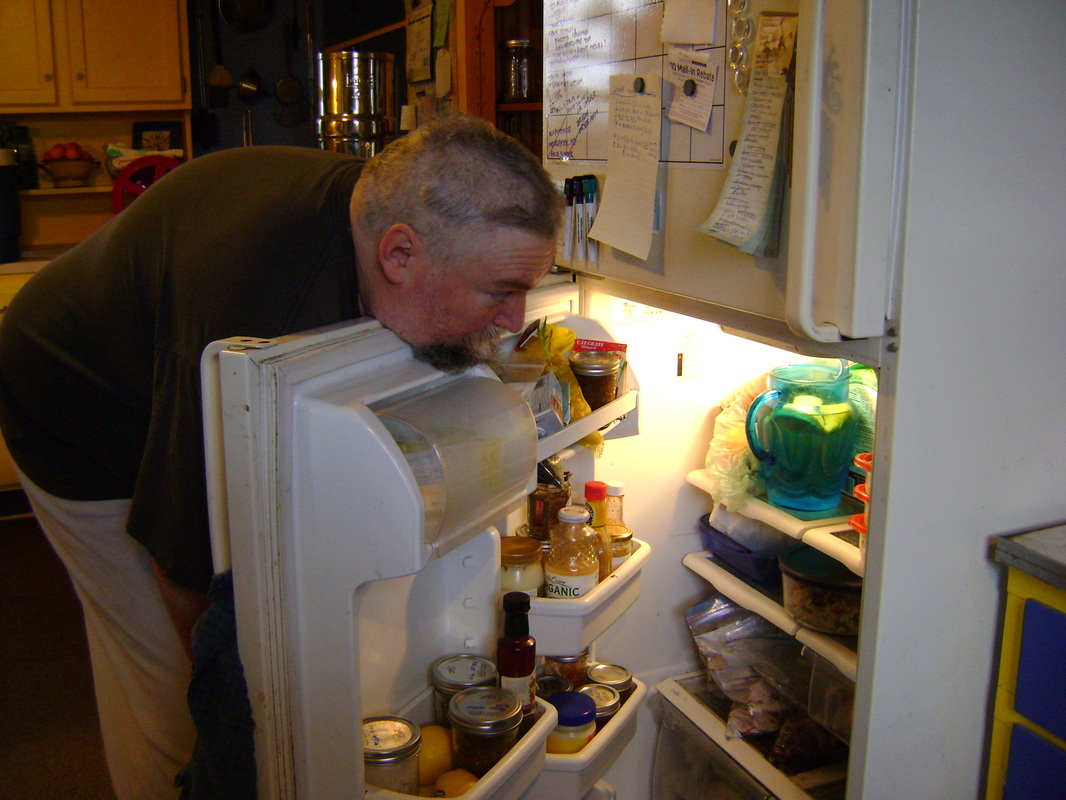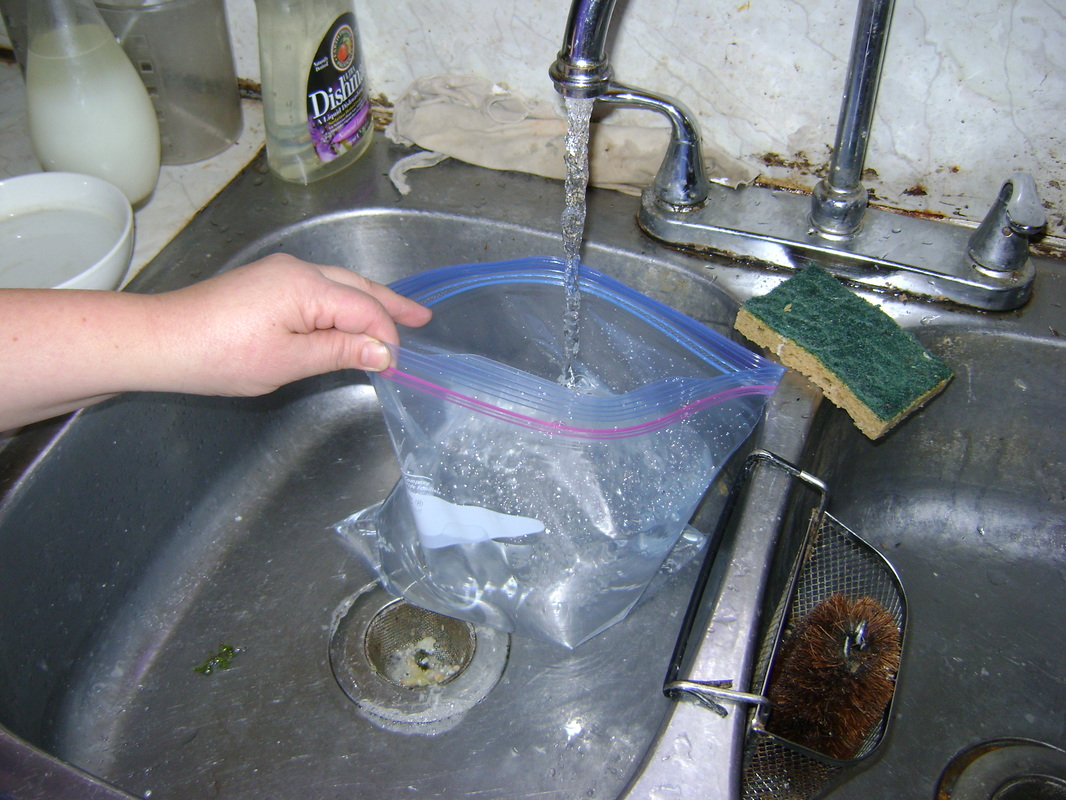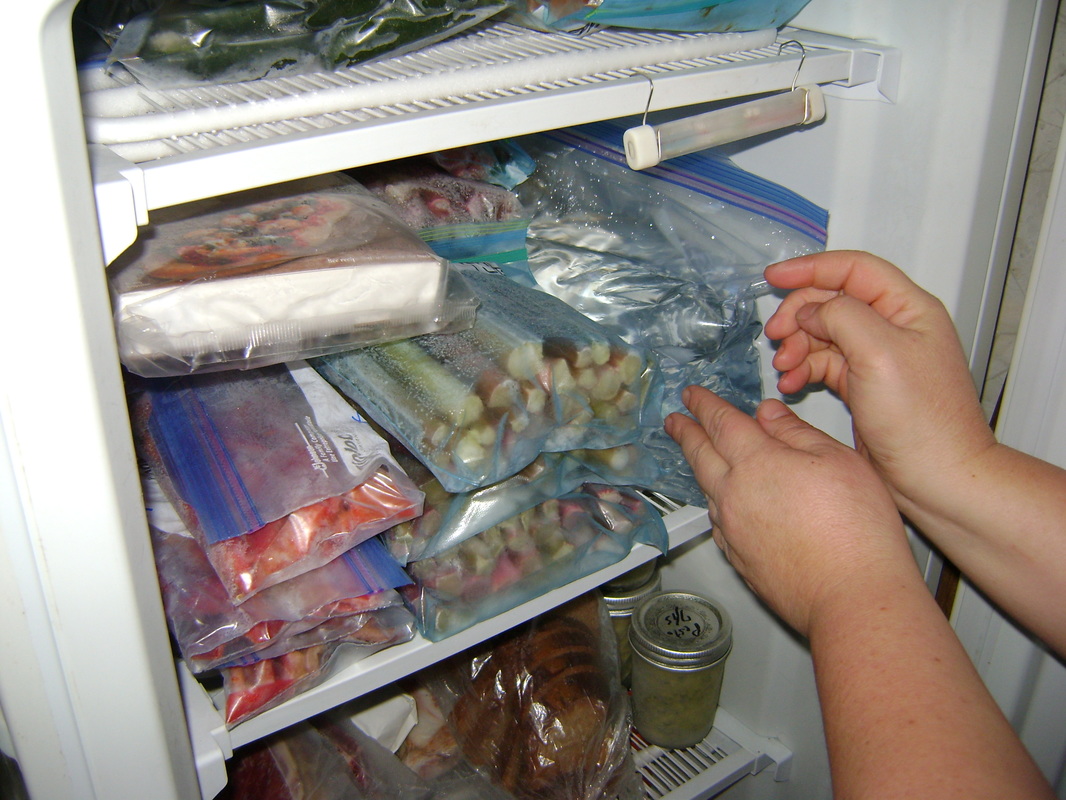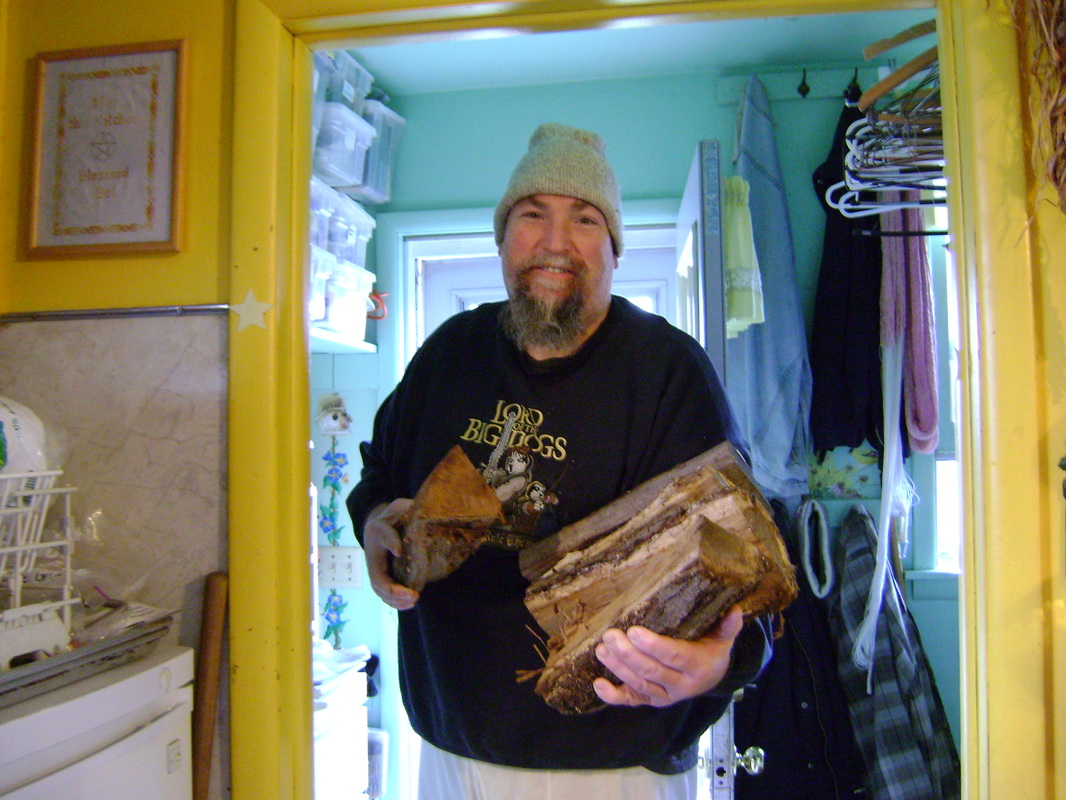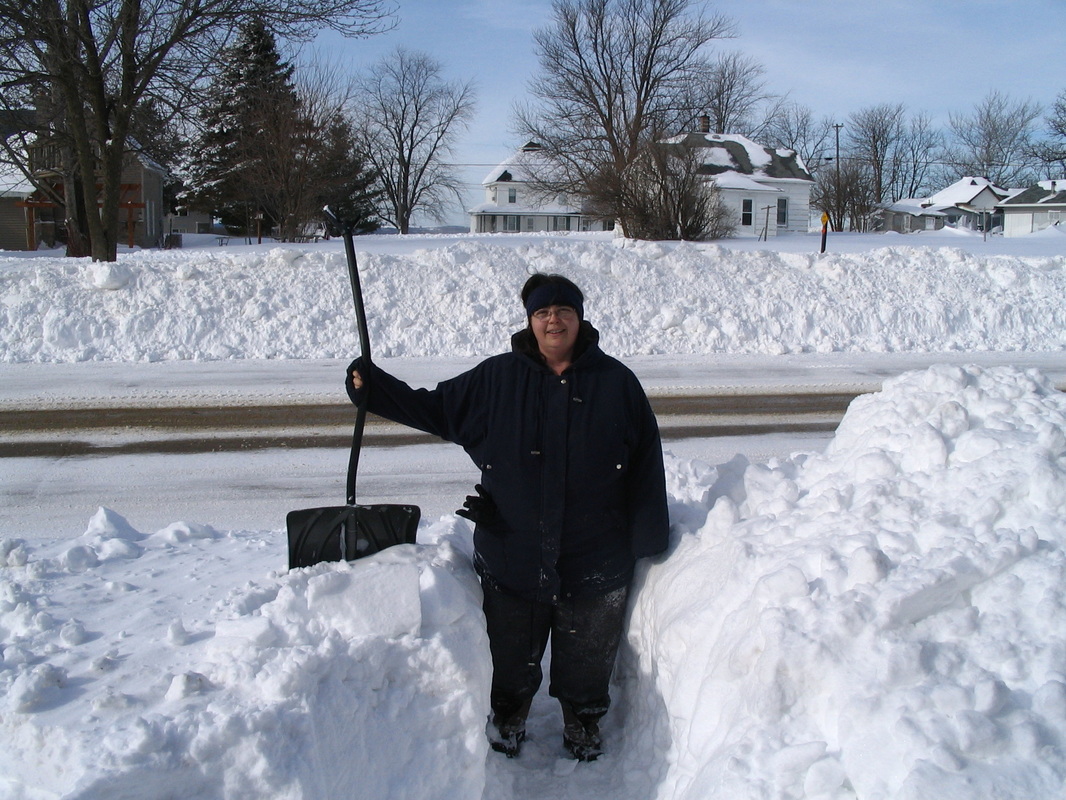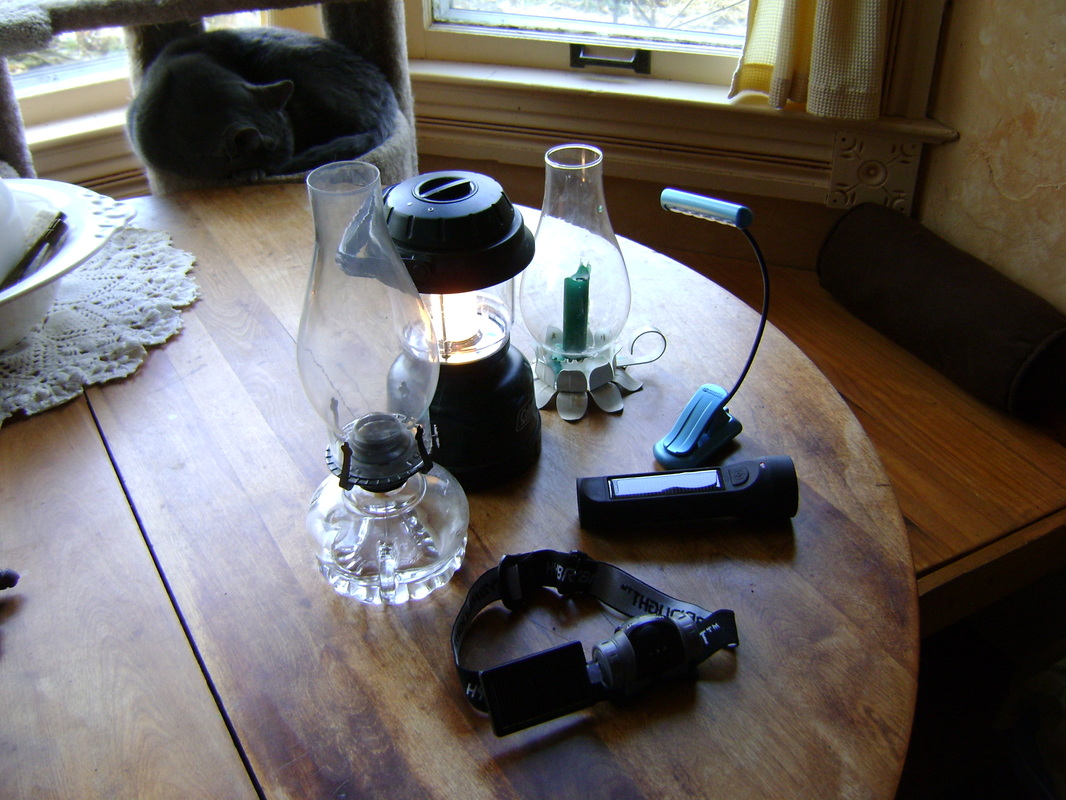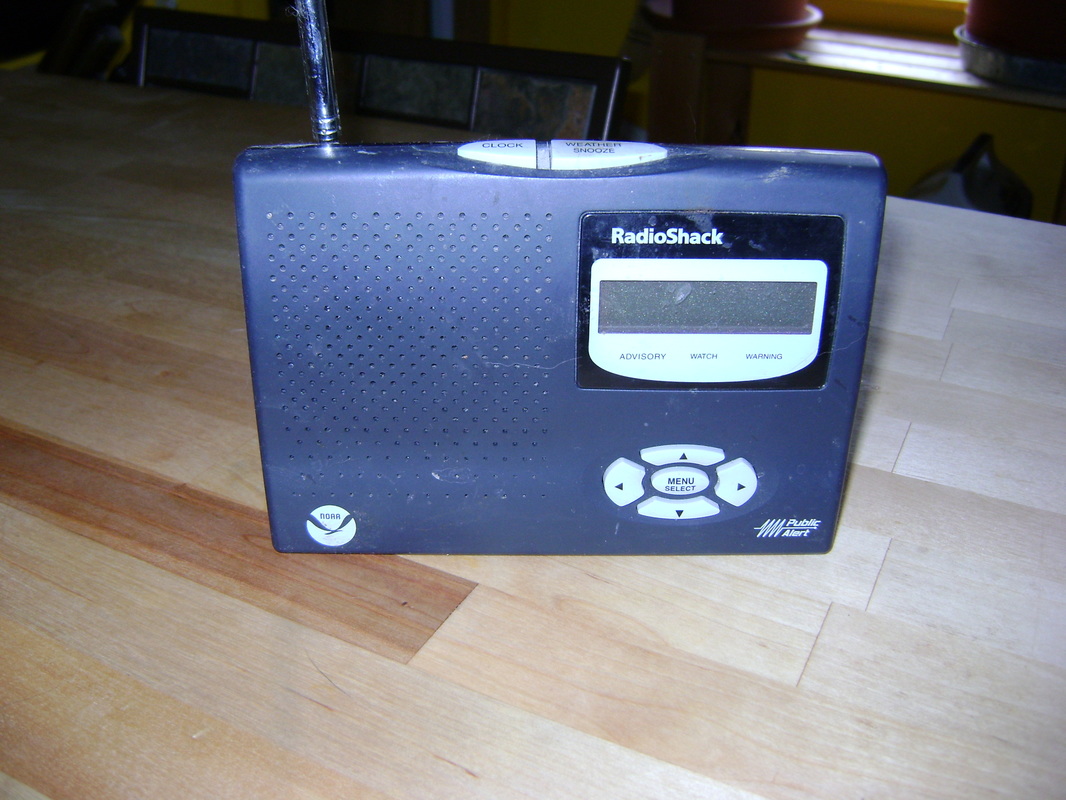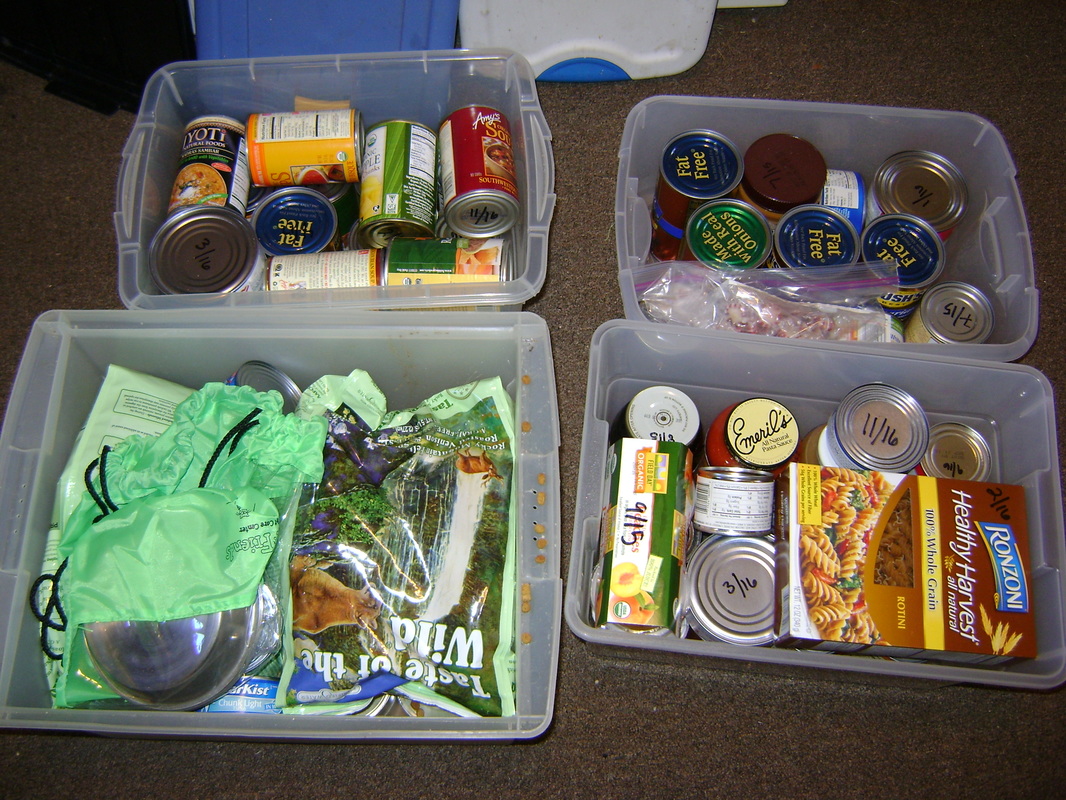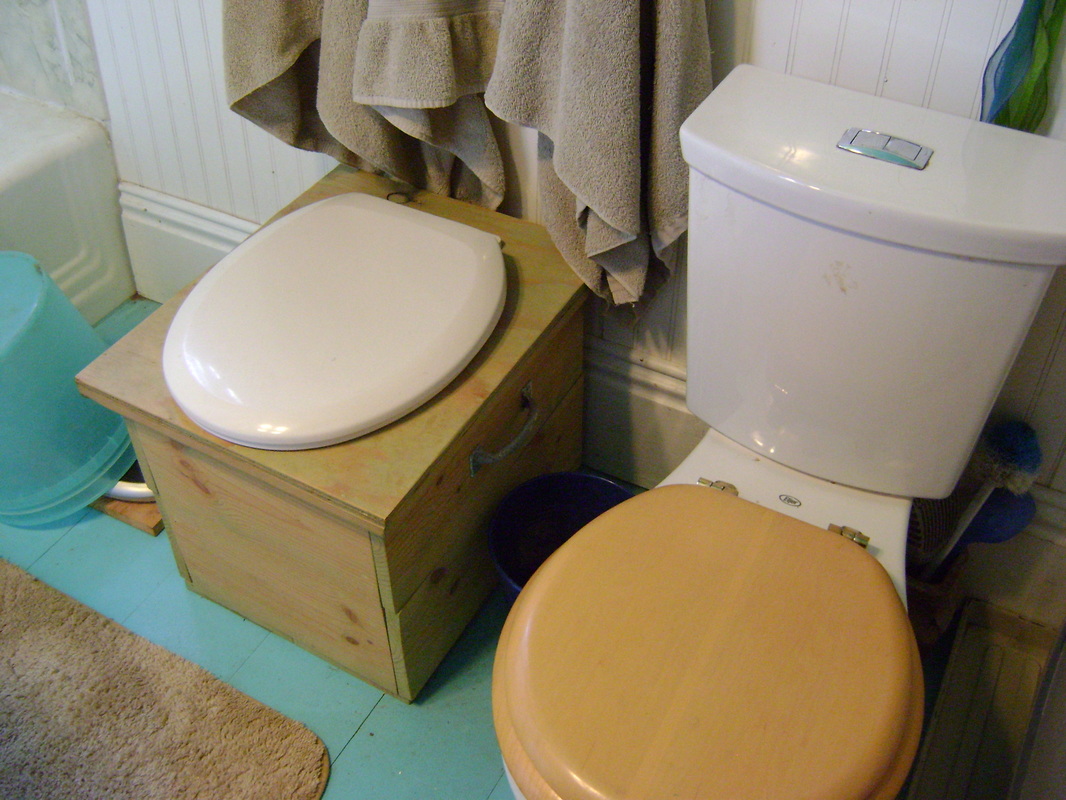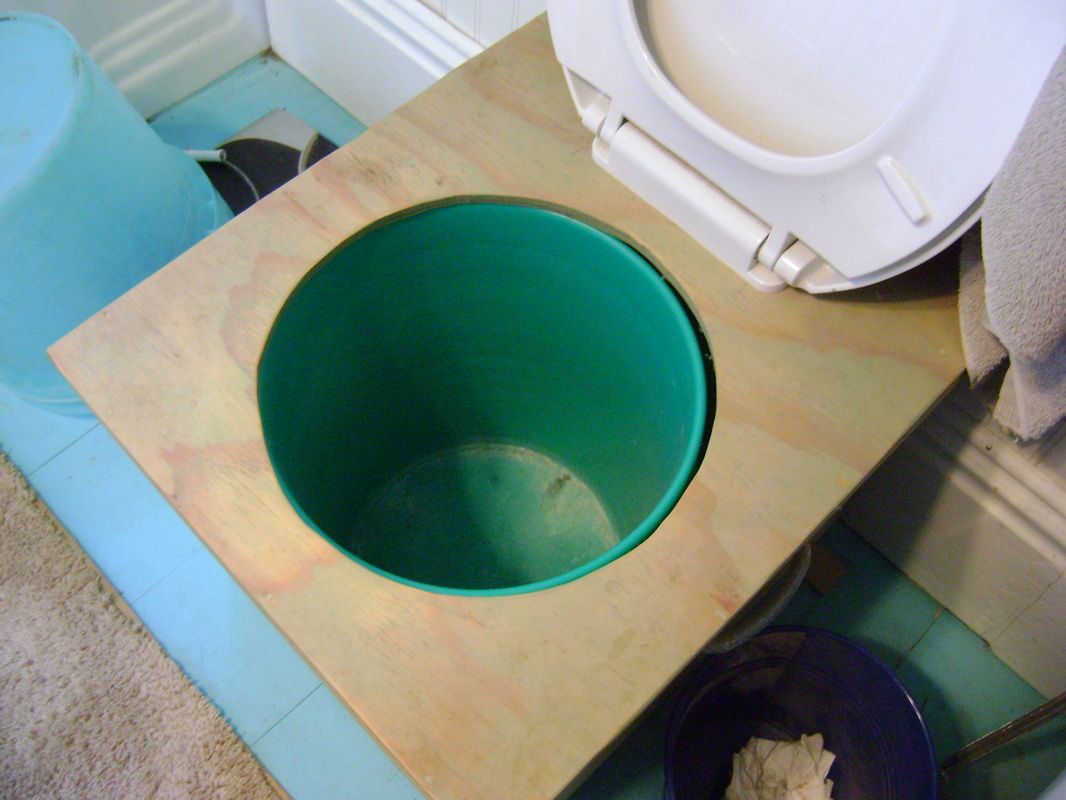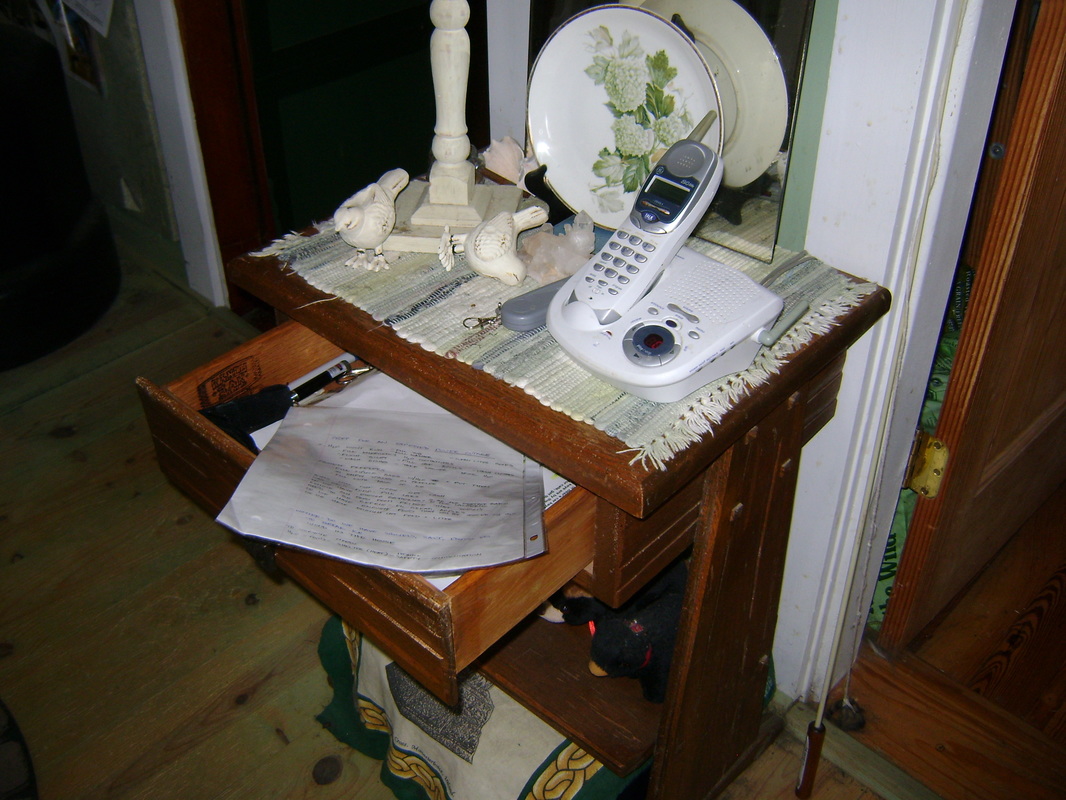It seems that more and more often we hear on the news that thousands of people have been without power for an extended period of days, due to a bad storm, be it in Summer or Winter. So it seems to us that it's wise to be prepared for this possibility.
|
As you think about your own preparedness, keep this in mind:
To survive, you need:
|
Bear recommends, "Find a spouse who is REALLY paranoid about safety.
That way you are safe too." |
What to do when you know a storm
that might knock out the power
is coming your way:
3. Stores will be closed, so...While you're out filling the car, consider if you need to get:
It's best to always have extras of these things on hand, because if you wait until the day before a big storm, everyone else may be trying to buy them too, and the store may run out. Do what you can. |
Bear says sleep is your friend...
it's good to be well rested before an emergency. |
4. If you can't get water from the faucet, do you have enough
for drinking, cooking, and cleaning?
|
We water the plants...
|
And make sure our water filter is full...
|
Experts seem to agree
that you should have at least
one gallon of water per adult per day
in an emergency:
2 quarts for drinking
and 2 for cooking & cleaning
(You'll need more if you live where it's hot, or will be doing a lot of physical labor, etc.)
|
WILL YOU HAVE WATER during A POWER OUTAGE?
From Theresa:
So if your power actually does go out, consider filling other water containers while the water is still flowing, before it potentially runs out. Containers may include:
|
5. If your water won't run, you might want to...
Bear has to ask... is this Theresa preparing for a storm,
or is it just her fiendish way
of getting him to help clean the house & take a shower?
6. Refrigerators and Freezers Won't Work:
|
REFRIGERATORS:
|
FREEZERS:
|
|
|
IMPORTANT FOOD SAFETY INFORMATION:
When the Power Comes Back On: How do you know if the food in your refrigerator or freezer is safe to eat?
We've printed out the information available on the FoodSafety.gov website
and keep it in our emergency file for reference: Food Safety in Power Outages
When the Power Comes Back On: How do you know if the food in your refrigerator or freezer is safe to eat?
We've printed out the information available on the FoodSafety.gov website
and keep it in our emergency file for reference: Food Safety in Power Outages
7. If it's a Winter storm, you might also:
|
Make sure you have enough wood in the house to keep the fire going (see our page on our Wonderful Wood Stove)...
|
Make sure you know where your shovels and deicing equipment are (such as salt or ashes to spread on icy sidewalks).
|
Learn how to Keep Your Pipes from Freezing: We have a wood stove to heat the house, and under most conditions I don't think we need to worry about our pipes freezing (at least they haven't yet on days when only the woodstove is going). But we like to be prepared, so we also have on hand instructions on how to drain the pipes in our house to keep them from freezing. They are from this book, which also has lots of other good emergency preparedness advice presented in a way that does not induce panic:
8. And for any emergency situation, it's good to have:
|
Alternative lighting options: Here we have, going clockwise, starting with the kerosene lamp, a battery powered lantern, a candle in a holder that has a handle and a glass chimney (helps with drafts and makes it safer to carry around), a battery powered book light that sits up by itself in addition to clipping to a book, a solar powered flashlight, and a solar powered headlamp. Make sure you know where they are before it gets dark.
|
A headlamp that angles down is particularly helpful, as it illuminates whatever you need to be working on in front of you and leaves your hands free. We use them for more than emergencies. This one is from Hybridlight and can be charged with a usb port or with solar power. We also like their solar powered flashlights, which are supposed to stay charged for 7 years in storage.
|
|
A weather radio and/or AM/FM radio so you know what's going on:
|
Extra food supplies (for yourself & animals) and/or or a well-stocked pantry:
|
A composting toilet: Theresa built this one weekend (the one on the left in the left photo), and is constantly surprised that none of our guests ask us why we have two toilets in the bathroom. The composting one is basically a wooden box built around a 5 gallon bucket, with a toilet lid attached on top (photo on the right). You could also just use a five gallon bucket if you needed to, but the box makes it much more comfortable to sit on. To help keep the smell down, it's best to sprinkle some organic material on top of the waste every time you go to the bathroom, such as sawdust, leaves, pine needles, or ash from the wood stove. If you don't have a system to compost the waste, and only use the composting toilet for a day or two, you could just bury the waste, or flush it down the toilet when the water is running again. Some people use heavy duty trash bags in the bucket, but that sounds like a mistake waiting to happen.
If you don't have a composting toilet, you can buy a bucket with a toilet lid on it for emergency or temporary use. They are available through emergency supply companies and are also sold with hunting supplies.
Note also that you can flush a normal toilet by dumping a large bucket of water down it. However, this is a bad idea if water is in short supply. Once our water stopped working right before a suspected Winter storm of the decade hit (there was a problem with the underground pipes that was unrelated to the weather), and we tried melting snow to be able to flush the toilet. We found that it takes an amazing amount of snow to melt into even a small amount of water, and that no matter how clean the snow looks, it has lots of small debris in it. Now we know.
If you don't have a composting toilet, you can buy a bucket with a toilet lid on it for emergency or temporary use. They are available through emergency supply companies and are also sold with hunting supplies.
Note also that you can flush a normal toilet by dumping a large bucket of water down it. However, this is a bad idea if water is in short supply. Once our water stopped working right before a suspected Winter storm of the decade hit (there was a problem with the underground pipes that was unrelated to the weather), and we tried melting snow to be able to flush the toilet. We found that it takes an amazing amount of snow to melt into even a small amount of water, and that no matter how clean the snow looks, it has lots of small debris in it. Now we know.
Sorry, Bear drew the line here and refused to model the composting toilet for you...
9. Keep Your
|
